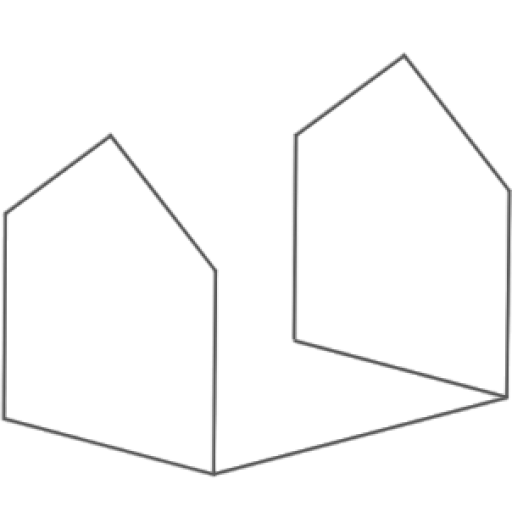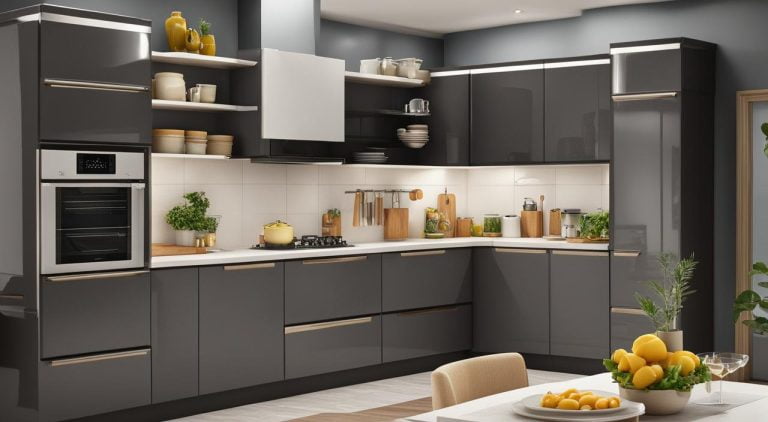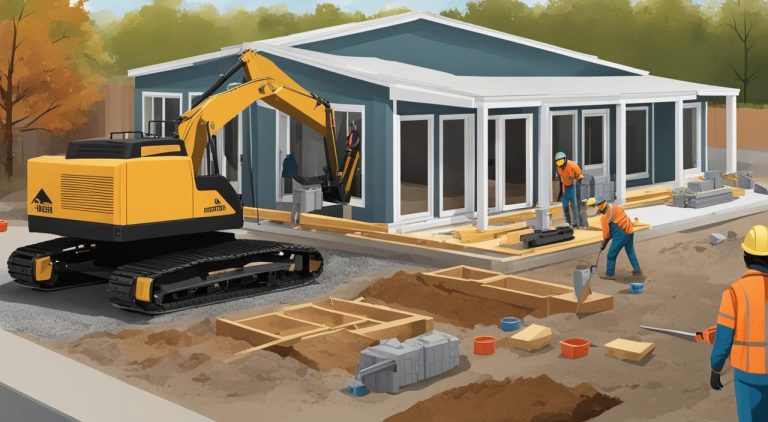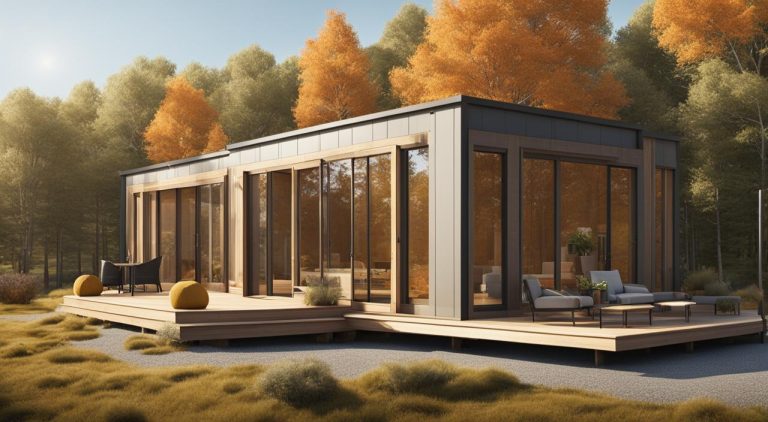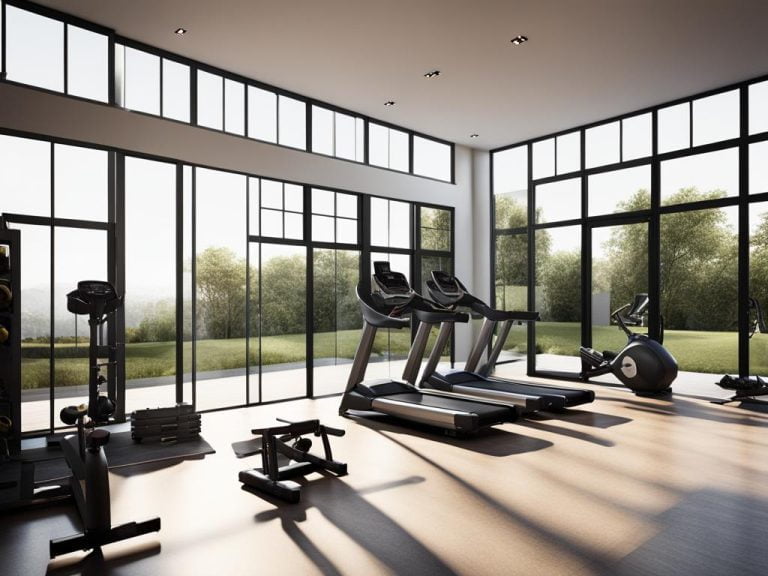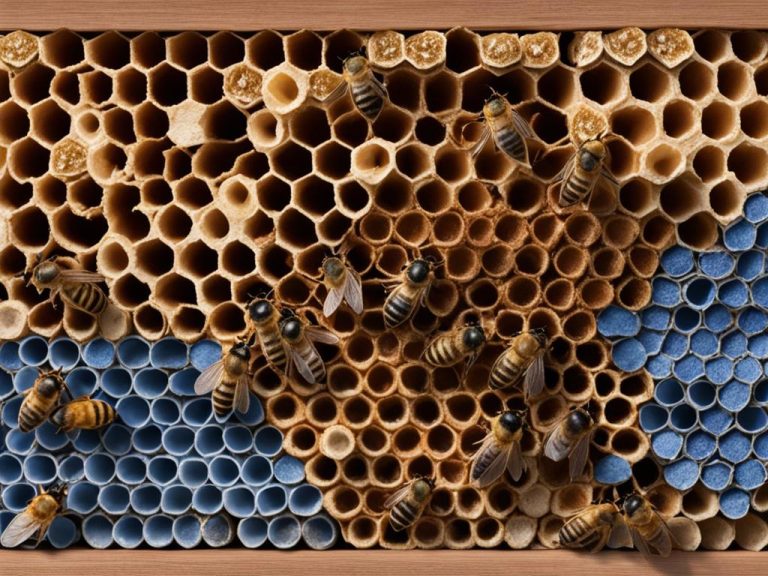Explore Cutting-Edge Prefab Smart House Features
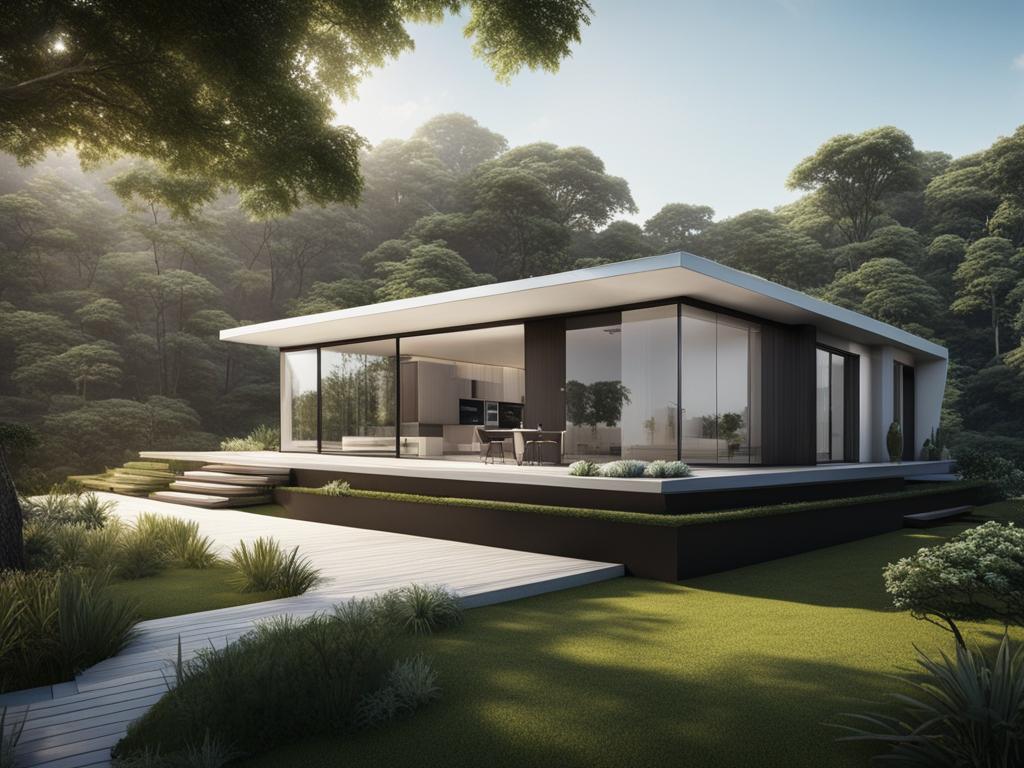
Welcome to the future of modern living! The combination of smart home technology and prefab/modular construction is revolutionising the way we build and live in our homes. This innovative approach offers numerous advantages, from cost and time savings to enhanced energy efficiency and customisation options.
Key Takeaways:
- Prefab and modular construction with smart home technology offers cost-effectiveness, time savings, and enhanced energy efficiency.
- Smart home technology provides customisation options and improved security for homeowners.
- The demand for prefab and modular construction is on the rise, with significant growth projected in the coming years.
- Real-life examples, like the XYZ City smart living community, showcase the power of smart home technology in action.
- Prefab modular homes offer speed, cost-effectiveness, and sustainability, making them an attractive housing solution.
Benefits of Smart Home Technology in Prefab and Modular Construction
When it comes to prefab and modular construction, the integration of smart home technology opens up a world of possibilities. Here are some key benefits:
- Cost-effectiveness: Prefab and modular construction methods are inherently cost-effective compared to traditional construction. Incorporating smart home technology into these projects further enhances their value proposition.
- Time savings: The use of smart home technology in prefab and modular construction streamlines the building process, resulting in significant time savings. This rapid construction method is particularly advantageous for meeting tight deadlines or handling emergency housing needs.
- Enhanced energy efficiency: Smart home technology enables homeowners to optimize energy consumption through intelligent control systems. This includes features like automated lighting, thermostats, and smart appliances, resulting in reduced energy bills and a smaller ecological footprint.
- Customization options: With smart home technology, homeowners can personalize their living spaces to suit their unique preferences and lifestyles. From voice-activated assistants to customizable lighting options, the possibilities are endless.
- Improved security: Home automation systems provide advanced security features, such as smart locks and surveillance cameras, ensuring a higher level of safety for homeowners and their belongings.
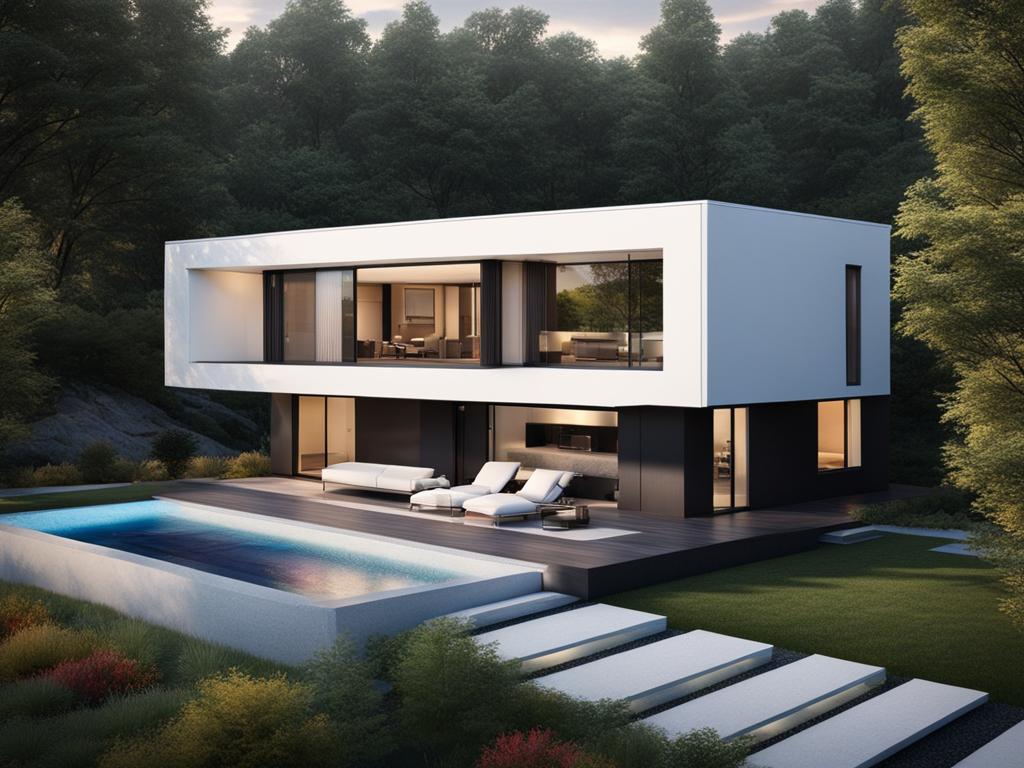
The Growing Demand for Prefab and Modular Construction
Prefab and modular construction methods have been gaining popularity in recent years, as more people recognize the numerous benefits these innovative building techniques offer. This growing trend is driven by the desire for faster, more efficient, and sustainable housing solutions. Let’s explore some compelling statistics that highlight the increasing demand for prefab and modular construction:
- By 2023, the global market for prefab construction is expected to reach £157 billion, with a compound annual growth rate (CAGR) of 9%. This remarkable growth demonstrates the immense potential and attractiveness of prefab housing solutions.
- In the United States, the use of modular construction in the residential sector increased by 81% between 2011 and 2019. This substantial rise in adoption indicates the growing confidence in the benefits and quality of prefab homes.
- More than 90% of architects, engineers, and contractors believe that modular construction is a viable solution for reducing project schedules. This widespread endorsement from professionals in the industry further solidifies the credibility and effectiveness of prefab and modular construction methods.
These statistics not only underscore the growing demand for prefab and modular construction but also emphasize the industry’s potential for significant growth and innovation. As homeowners and builders increasingly prioritize sustainable housing, eco-friendly construction, energy-efficient homes, and smart home technology, prefab and modular construction will continue to rise in popularity and reshape the future of residential building.
Case Study: Smart Home Technology in Action
Let’s take a closer look at a real-life example that demonstrates the transformative power of smart home technology in prefab and modular construction:
Smart Living Community in XYZ City
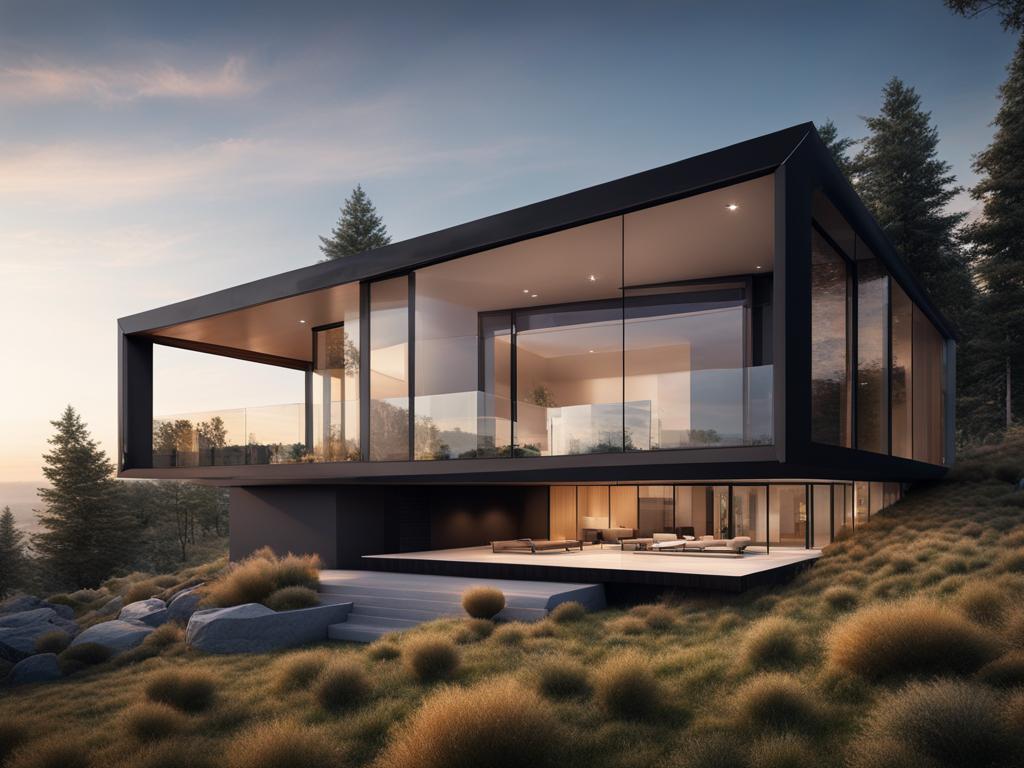
The Smart Living Community in XYZ City serves as a role model for the seamless integration of smart home technology in prefab and modular construction. This innovative community is setting new standards for sustainable, connected living.
One of the standout features of this smart community is its state-of-the-art smart home automation system. Each home comes equipped with cutting-edge technology that allows residents to control various aspects of their living space with ease. From adjusting lighting scenes to regulating temperature settings, homeowners can enjoy a personalized and convenient living experience.
Energy efficiency is a top priority in the Smart Living Community. The homes are designed with sustainable practices in mind, incorporating features such as solar panels, smart thermostats, and efficient insulation. These energy-efficient design elements not only reduce environmental impact but also result in significant cost savings for residents through lower energy bills.
The community also boasts a connected infrastructure, ensuring residents can enjoy the benefits of a truly smart city. High-speed internet connectivity and integrated smart city technologies provide seamless connectivity for residents, enabling them to access various services and amenities from the comfort of their homes.
Moreover, the Smart Living Community prioritizes the use of eco-friendly materials in its construction process. By utilizing sustainable building materials, the community minimizes its environmental footprint and promotes healthier living spaces for its residents.
This case study exemplifies the successful implementation of smart home technology in the prefab and modular construction industry, offering a glimpse into the future of sustainable, innovative housing.
The Rise of Prefab Modular Homes
Prefab modular homes, also known as factory-built or off-site construction, have been gaining popularity in recent years. These homes are built in sections and then transported to the building site for assembly. This innovative construction method offers several advantages:
- Speed: Prefab modular homes can be built in a fraction of the time compared to traditional construction. With predetermined designs and efficient manufacturing processes, these homes can be ready for occupancy in a matter of months instead of years.
- Cost-Effective: The streamlined production process and bulk purchasing of materials make prefab modular homes more cost-effective than traditional construction. These savings can be passed on to homeowners, making it an attractive option for those looking for affordable housing solutions.
- Sustainability: Prefab modular homes are often built with eco-friendly materials and incorporate energy-efficient features. With better insulation, energy-saving appliances, and smart technology integration, these homes leave a smaller carbon footprint and promote sustainable living.
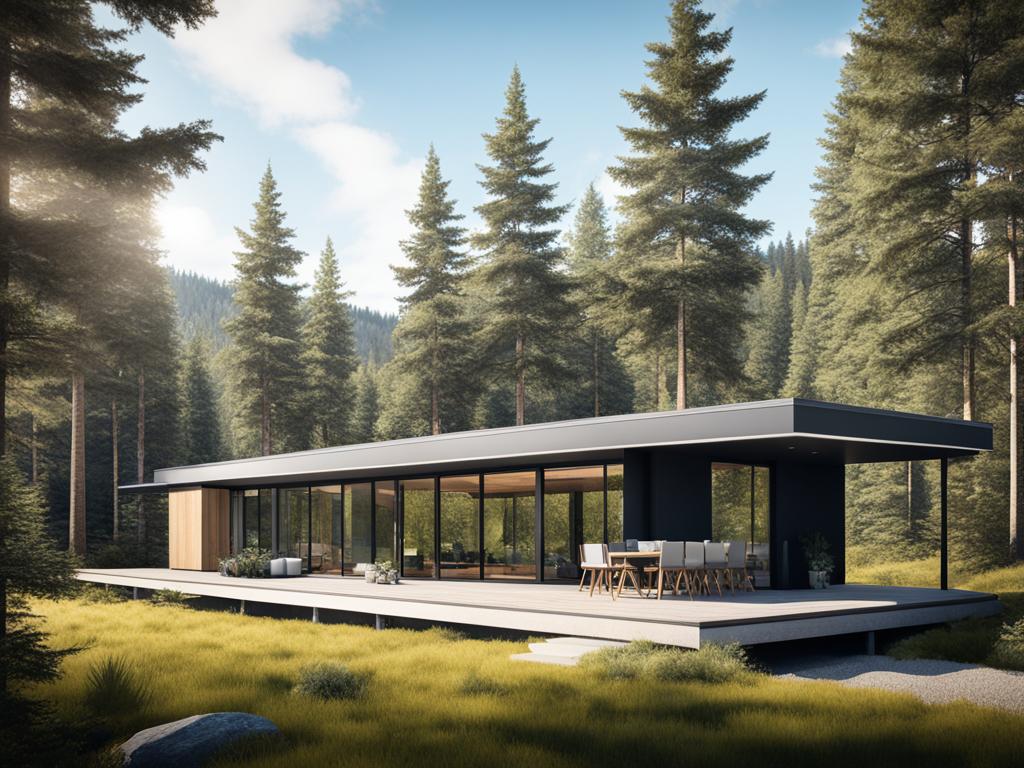
Conclusion
The combination of smart home technology and prefab/modular construction is a game-changer in the housing industry. With its numerous benefits, including cost-effectiveness, time savings, enhanced energy efficiency, customization options, and improved security, the future looks bright for this innovative approach. As the demand for prefab and modular construction continues to rise, integrating smart home technology will become the new norm in creating sustainable, intelligent homes. So, are you ready to unlock the potential of smart home technology in your future home?
FAQ
What are the benefits of prefab and modular construction?
Prefab and modular construction offer cost-effectiveness, time savings, enhanced energy efficiency, customization options, and improved security.
How does smart home technology enhance prefab and modular construction?
Smart home technology integrates intelligent control systems, automated features, and advanced security measures into prefab and modular homes.
Are prefab and modular homes sustainable?
Yes, prefab and modular homes often incorporate eco-friendly materials, energy-efficient features, and smart technology integration, promoting sustainable living.
Is prefab and modular construction faster than traditional construction?
Yes, prefab and modular construction methods offer significantly faster building timelines compared to traditional construction.
Can prefab and modular homes be customized?
Yes, smart home technology allows homeowners to personalize their living spaces with customizable lighting, voice-activated assistants, and more.
What is the demand for prefab and modular construction?
The demand for prefab and modular construction is growing, with a projected global market value of £157 billion by 2023.
How do prefab modular homes benefit homeowners?
Prefab modular homes offer speed, cost-effectiveness, sustainability, and energy-efficiency, making them an attractive option for affordable and eco-friendly housing solutions.
Can smart home technology be integrated into prefab modular homes?
Yes, smart home technology can be seamlessly integrated into prefab and modular homes, providing residents with the convenience and efficiency of connected living.
